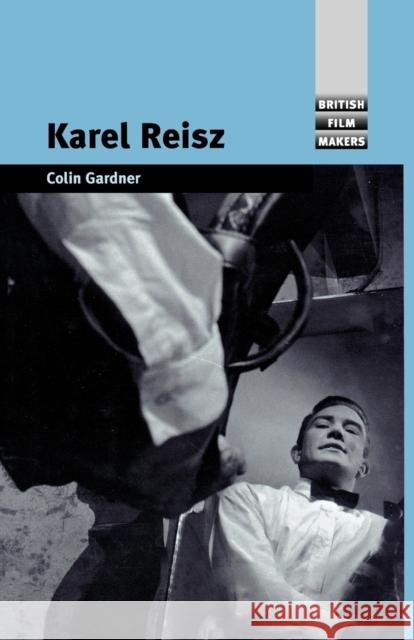Karel Reisz » książka
Karel Reisz
ISBN-13: 9780719085666 / Angielski / Miękka / 2011 / 316 str.
Perhaps best known for his controversial 1981 adaptation of John Fowles' The French Lieutenant's Woman, Czech-born refugee Karel Reisz (1926-2002) is widely regarded as one of the seminal figures in post-war British cinema. Along with Lindsay Anderson and Tony Richardson, Reisz was a founder member of the independent Free Cinema 'movement' which attacked the parochial middle-class values of home-grown studio product with a vigorous commitment to everyday working-class subject matter and a poetically-charged film style, the aesthetic foundation for the international success of Reisz's first feature, Saturday Night and Sunday Morning (1960). As the import of Free Cinema rapidly dissipated during the 'Swinging London' era, Reisz confronted the changing cultural mores of the 1960s and 1970s with a series of ambivalent films that critique the anarchic free spirit of the times, including Morgan (1966), Isadora (1968), The Gambler (1974) and Dog Soldiers/Who'll Stop the Rain (1978), the latter a dark meditation on the corruption of the drug-based counter-culture following the Vietnam War. These films express Reisz's own deep crisis of political commitment as the ideological safety-net of the original New Left fell into disarray. Drawing on Reisz's early film criticism for Sequence and Sight and Sound, as well as interdisciplinary methodologies derived from post-structuralism and Cultural Studies, this first career-length study explores Reisz's personal brand of character-based realism, offering the spectator a privileged insight into an artist's developing response to subjective and historical dislocation. The book should thus prove invaluable to film scholars, cultural historians and the Reisz aficionado.











